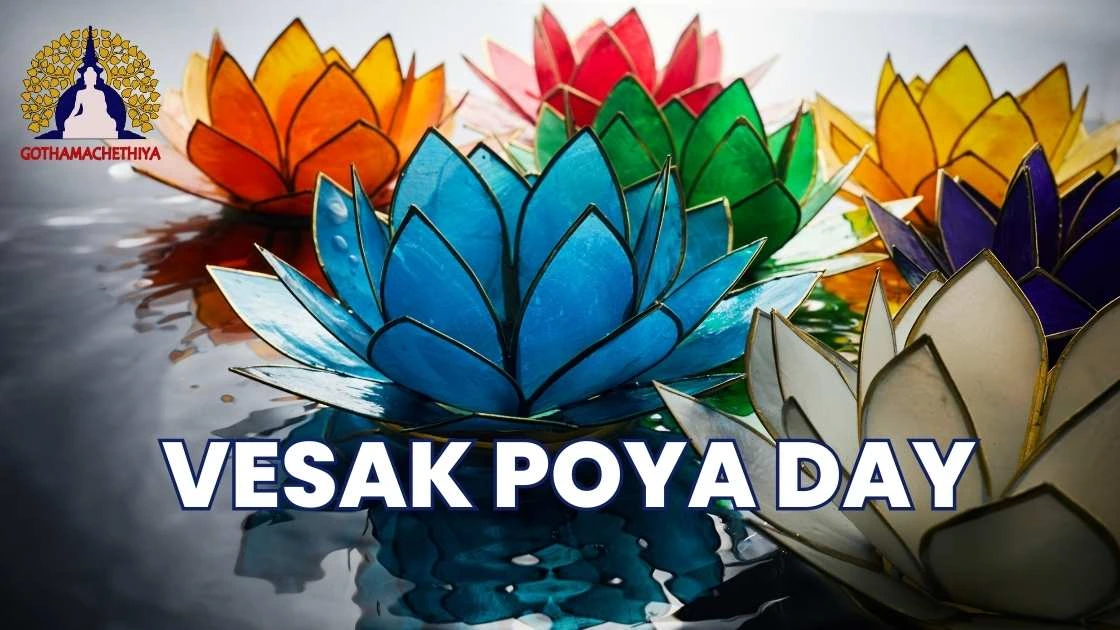Vesak, also known as Buddha Purnima, is a profound celebration observed by Buddhists worldwide. It encapsulates the triple commemoration of the birth, enlightenment, and passing away of Siddhartha Gautama, who later became known as Lord Buddha.
Birth of Prince Siddhartha
The divine inquiry about the right time, area, continent, caste, and mother culminated in Queen Mahamaya giving birth to Siddhartha under the arbor of Sat trees in Lumbini, Nepal. This auspicious event, marking the beginning of the Buddha’s earthly journey, unfolded on a Vesak Poya day.
Attainment as Lord Buddha
After extensive training under various teachers, Gautama Buddha, disillusioned by their teachings, embarked on a solitary path of meditation. The culmination of his efforts occurred on a Vesak Poya day when he reached enlightenment and became the Buddha, the Awakened One.
Lord Buddha’s Parinibbana
The great teacher, at the age of 80, foretold his imminent passing away or Parinibbana, choosing Vesak Poya day for this momentous event. The culmination of his earthly journey occurred in the Sal grove of the Malla royal family, leaving an indelible mark on Vesak.
Global Religious and Cultural Activities
While Vesak has deep roots in Sri Lanka, its significance extends globally, finding resonance in many Asian countries, including India, Japan, Singapore, and Taiwan. This universal celebration reflects the widespread impact of Buddha’s teachings and the timeless relevance of his message.
During the Vesak period, various religious activities take center stage in Sri Lanka. Sil campaigns, Bodhi Poojas, Dansalas (food-sharing stalls), Vesak devotional songs (Bakthi Gee), pandols (thorans), and lantern displays contribute to the vibrant atmosphere, fostering a sense of community and spirituality.
The heart of Vesak lies in the devout practices carried out by Buddhists across the country. Temples become focal points for devotees and pilgrims, who engage in traditional ceremonies involving worship, flower offerings, lighting lamps, and burning incense. These rituals not only satisfy religious needs but also create an emotionally charged and sacred environment.
Integral to Vesak is the practice of ‘Dana’ or alms-giving, symbolizing the spirit of generosity and compassion. During the Vesak Festival week, a notable shift occurs as the sale of alcohol and meat is prohibited, aligning with the Buddhist principles of non-violence and mindfulness. Devotees reaffirm their commitment to Buddha’s teachings by engaging in acts of kindness and charity.

Add a Comment
You must be logged in to post a comment